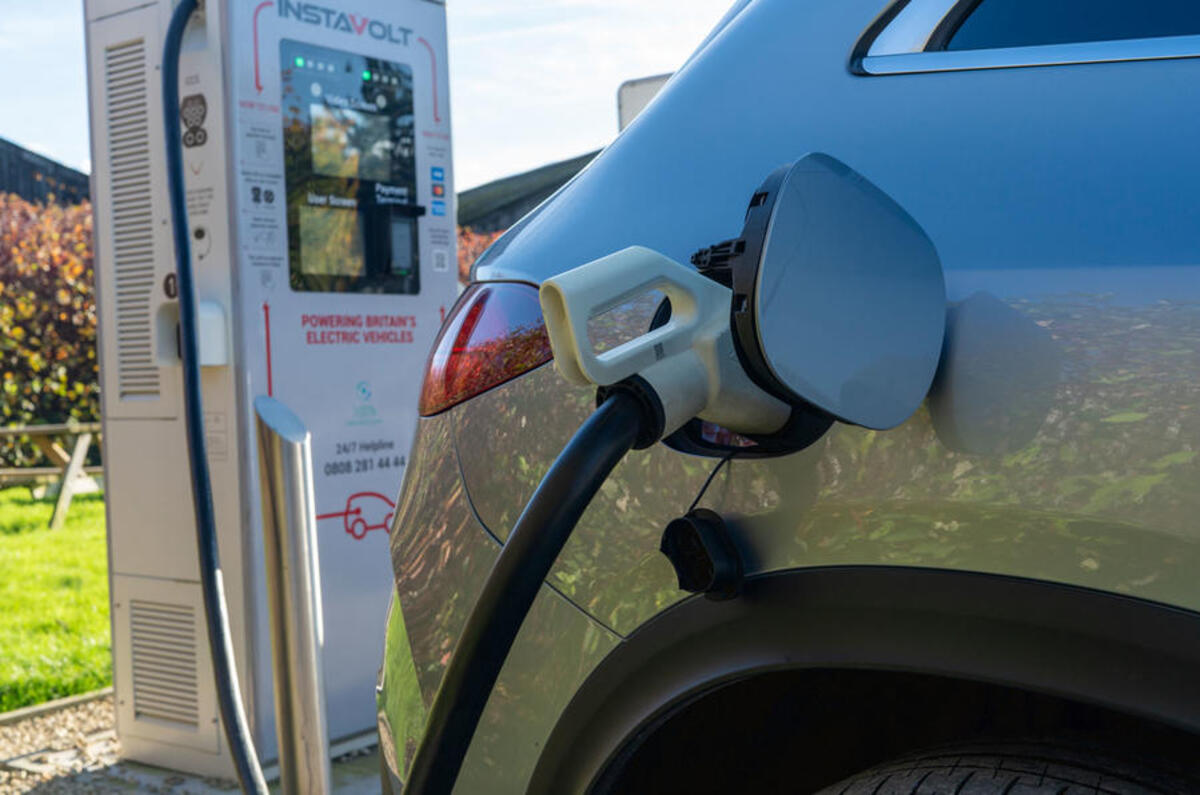Mercedes-Benz has set a target of reducing the costs of its EV batteries by as much as 30% by increasing their energy density.
The German firm aims to increase the energy density of its batteries to 0.9kWh per litre. The 120kWh battery in its most efficient current EV, the EQS saloon, has an energy density of 0.55kWh per litre.




Add your comment